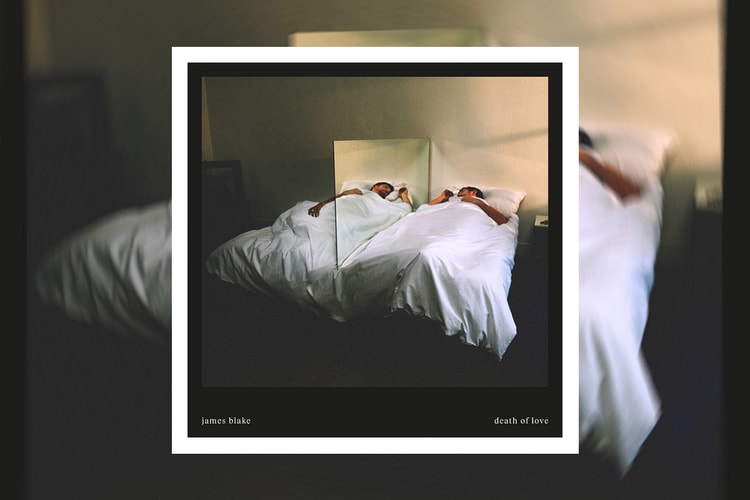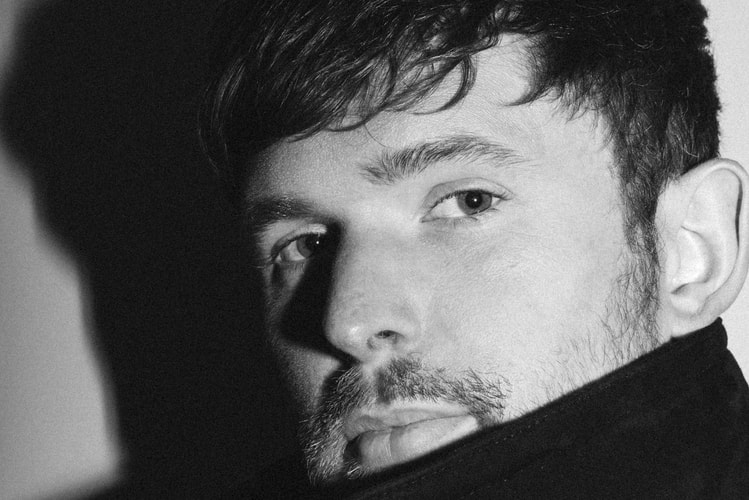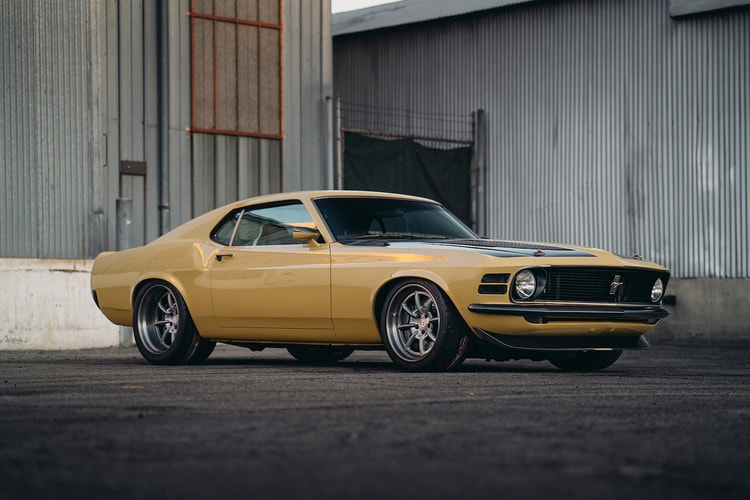James Blake Opens Up About Having Anxiety, Depression & Suicidal Thoughts
“I was taken away from normal life essentially at an age where I was half-formed.”
James Blake took to Twitter last month to criticize media that were describing his work as “sad boy music” Recently, James Blake was a guest speaker at the Performing Arts Medicine Association’s symposium. During a panel dubbed “You Got This: Managing the Suicide Crisis in the Arts Population,” Blake revealed that he had his own experiences with depression and anxiety.
“There is this myth that you have to be anxious to be creative, that you have to be depressed to be a genius,” Blake said in the panel, as reported by Billboard. “I can truly say that anxiety has never helped me create. And I’ve watched it destroy my friends’ creative process too.” Blake, who found stardom in his early 20s, said that he “was taken away from normal life” at an age where he was “half-formed.” He also spoke about the “surface-level” conversations artists have with each other where they only talk about the “good stuff” rather than their real-life struggles.
In addition, he said that his unhealthy eating habits on the road worsened his mental health. “I would say that chemical imbalance due to diet and the deterioration of my health was a huge, huge factor in my depression and eventual suicidal thoughts,” he said. “I developed [dietary] intolerances that would lead to existential depression on a daily basis. I would eat a certain thing and then all day I would feel like there was just no point.” To cope with his condition, Blake said that he received a treatment called EMDR therapy – a form of psychotherapy where the patient is asked to recall distressing images while providing a bilateral sensory input like side-to-side eye movements or hand tapping. He also had to cut off a lot of people who were encouraging unhealthy behavior in his life. “Honestly, a lot of catharsis just came in telling lots of people to f*ck off,” he said. “And saying no. Saying no to constant touring. No [amount of] money will ever be enough.”
“We are the generation that’s watched several other generations of musicians turn to drugs and turn to excess and coping mechanisms that have destroyed them,” he added in conclusion. “And there are so many high-profile people recently who’ve taken their own lives. So we, I think, have a responsibility to talk about it and to remove the stigma.”





























